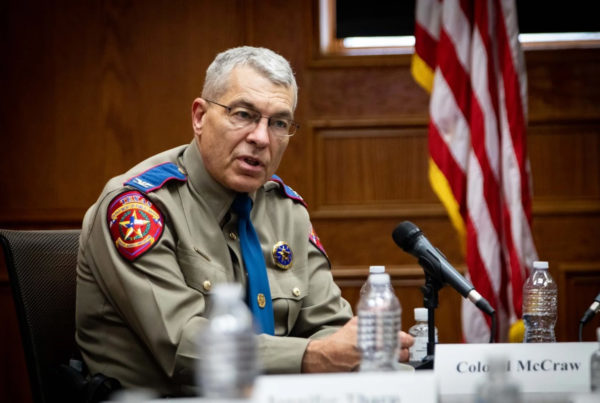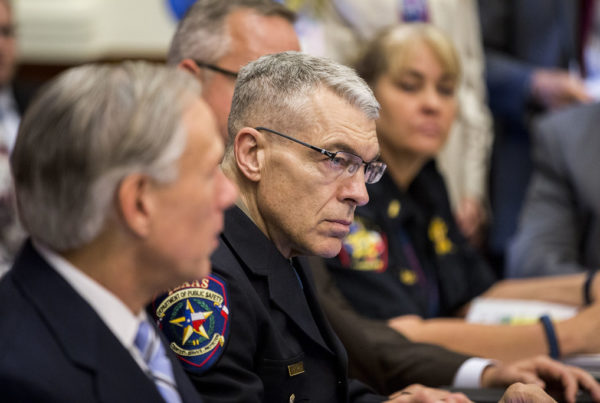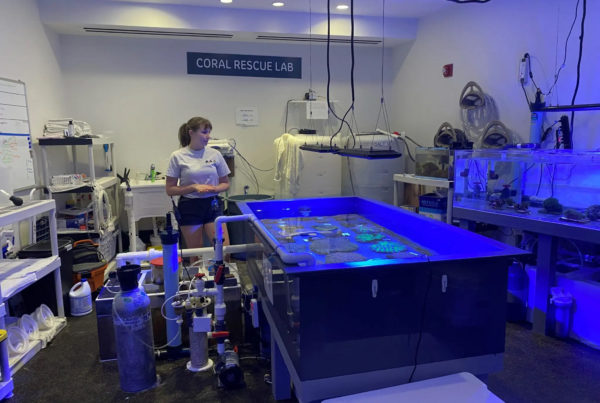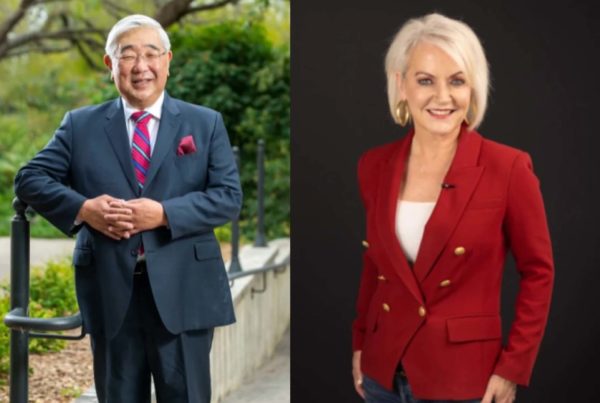“The road goes on forever, and the party never ends.”
For generations of Texans, when singer-songwriter Robert Earl Keen sang about it, it seemed almost like a promise, even if everyone knew it was just too good to be true.
And so it was bittersweet as accolades poured in prior to Keen’s final concert of his World Tour of Texas recently. After 41 years on the road – some 20 albums, songs like “Feelin’ Good Again,” “Corpus Christi Bay,” “The Front Porch Song” – the realization is slowly sinking in among fans of the Houston-born Americana music legend that the road may not go on forever, after all.
On his decision to retire from touring, Keen said that, having seen other entertainers go way beyond their prime, he never wanted to be just a shadow of himself.
“I thought that that was no way to leave your audience or leave yourself, you know – that thought was with me from the time I was a little kid,” Keen said. “And I felt like I was starting to slip a little bit. I felt like I was just not as excited about it. And it was a lot harder than it had been in the past. And I didn’t want to get to the point where it was way too hard to stop. I wanted to stop when I was still, you know, feeling it and being excited about it.
“I finally realized, kind of almost like an epiphany: I woke up in my bunk in December of last year while we were doing some Christmas shows. And I was thinking about this movie “Training Day” with Denzel Washington, and there are a couple of scenes in there where he gets right in somebody’s face and he says, “Make a decision, make a decision.” And I thought, yeah, I have to make a decision. So I just kind of ran through my calendar in my head of what I had to get done in the next few months and decided, okay, the fourth of September, that’s it.“
In a speech last month at his final tour stop in Helotes, after being presented with a proclamation from the Texas Music Office, Keen noted that Nanci Griffith had been a mentor to him.
“I don’t want to overstate it, but she was really like an angel for me,” Keen said. “Because she would come in at times – and I just thought I was, you know, stopped dead in the water – and she’d say, ‘You know, I just recorded one of your songs; are you going to make a record? I was going to sing on your record.'”
So Griffith sang on his record. She also took Keen on tour and sat down with him a few times to tell him where she was playing nationally, which helped him create his own map to play outside of Texas.
“She never did anything to ask for anything in return. It was always just out of her own generosity. I was so happy to be part of that,” Keen said. “She helped me in every way – in a musical sense, and just sort of making me feel more confident about who and what I was.”


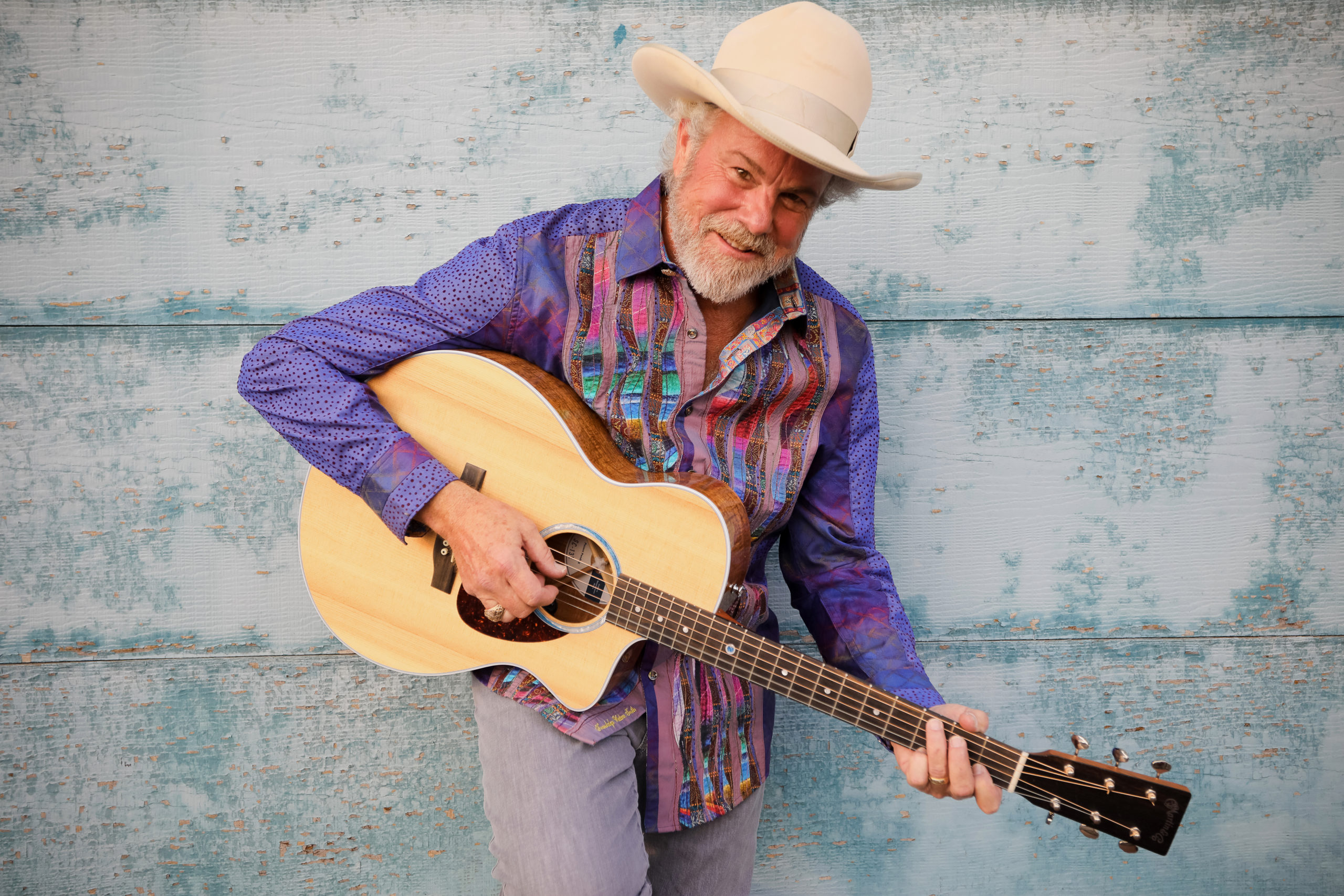
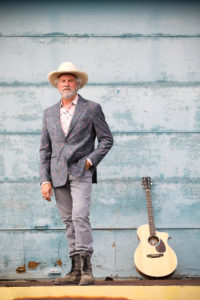
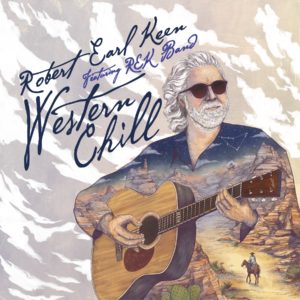 While he may no longer be touring, Keen’s got plenty of projects on the horizon, from his
While he may no longer be touring, Keen’s got plenty of projects on the horizon, from his 
